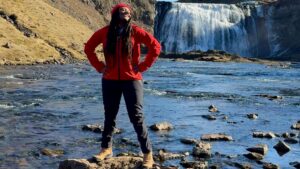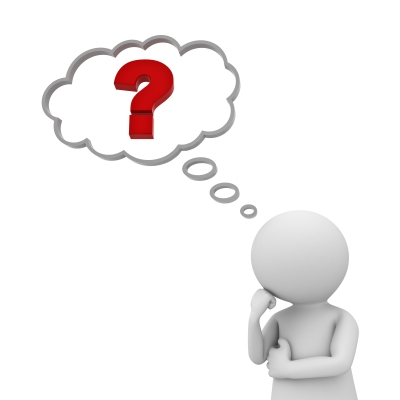

Have you ever opened your mouth to speak but didn’t recognize the voice coming out? This might sound like a plot line out of a science fiction thriller but it is a real life occurrence that has happened to me, and possibly many others, a few times since I started learning Icelandic. When learning a language that has so many sounds and words that are not present in your native tongue, you will find yourself going through an adjustment period in which you are learning to become familiar with your new voice. It is an exciting and fun time, but it is also a little unsettling to not recognize the sounds coming out of your own mouth!
To give you a bit of history about my experience with this phenomenon, I have to take you waaaay back to my days in college. One evening at school, I was hanging out with an Icelandic friend in his apartment and the discussion some how shifted over to Old Norse sagas. He proudly told me that since written Icelandic hadn’t changed much from the 13th century that most Icelandic people today can read the ancient texts. This sparked my interest and I asked if I could see an example of written Icelandic. He pulled out a book that included some sagas, and to my surprise I was completely dumbfounded by what I saw on the pages. I laughed a bit, turned to him, and asked him if the text in the book was a real language and not gibberish. He chuckled and said that the language is indeed real. To make matters worse, I attempted to read the text and, even with his help, failed miserably. At that point in my life I assumed that I would never have an interest in learning Icelandic and gladly gave my friend back his strange book.
Never Say Never
Fast-forward about 8 years and I am head over heels in love with my Icelandic partner. The once strange sounding language is still quite foreign to me but, like my newfound love, I see it as a new beginning. Instead of thinking, “Why learn Icelandic?” I started to think, “Why NOT learn Icelandic?”
I felt like I had all the enthusiasm in the world to learn the language but I had no idea where to start. In fact, I wasn’t even sure if many resources were available outside of the country! My partner thought that a good way to get my feet wet was to learn the alphabet and read children’s books that he read when he was little. As I fumbled through the words and started to pick up something of a rhythm, my awareness shifted from the words on the page to the sound coming out of my mouth. Was that me speaking in Icelandic?!?! My brain was telling me yes but I seriously couldn’t believe it. It sounded as if someone else was speaking but the sound was projecting out of my body! I was excited but also weirded out. 🙂
Practicing the words and sounds in Icelandic that do not exist in the English language has opened me up to a whole new experience that I didn’t know was possible. Who would think that your own voice could sound so foreign to you?! I am about four months into studying and there are still times when I am surprised by the sound of a new word that I have just learned, but I have mostly adjusted to my “other” voice. Well, that is unless a micro-sized Icelandic person that has secretly been occupying my body comes to the surface and confirms my original suspicion. 😉
Building Confidence with Familiarity
Starting out with learning the Icelandic alphabet and reading children’s books was a great suggestion, because it helped me to become familiar with simple words and sentences in the language. The repetition of phrases in the books and the simple storylines allowed for me to start practicing pronunciation without feeling overwhelmed or intimidated. The confidence that you build by familiarizing yourself with simple text makes it easier to stay enthusiastic about learning. Reading children’s books might feel like a small achievement in the beginning, but all of your hard work is building a foundation of understanding that is leading you down the path toward fluency.
I’d love to hear if you have experienced something similar. Feel free to comment below!
Þakka þér fyrir að lesa og sjáumst fljótlega! (Thank you for reading and see you soon!)
Image courtesy of Master isolated images at FreeDigitalPhotos.net